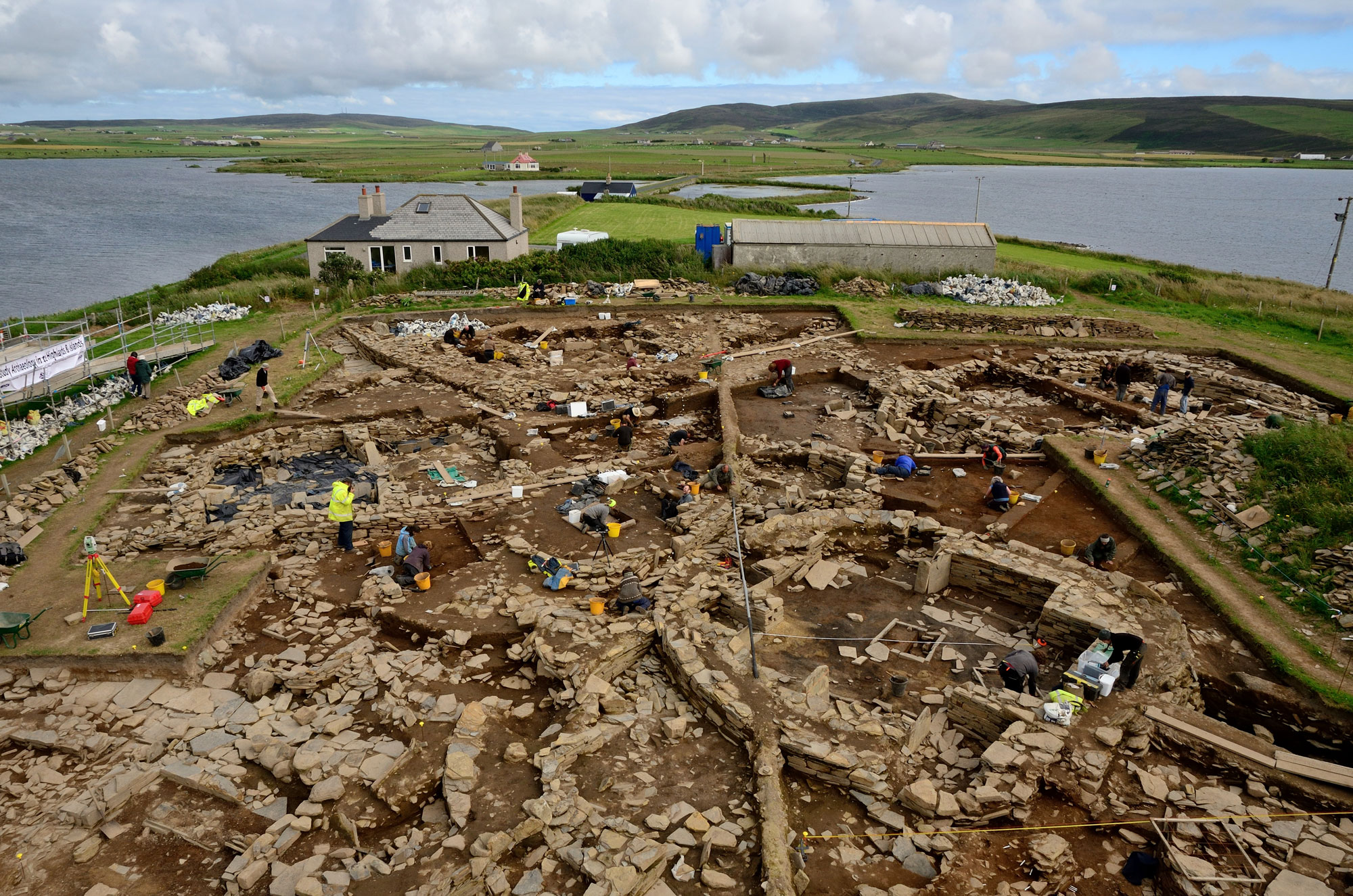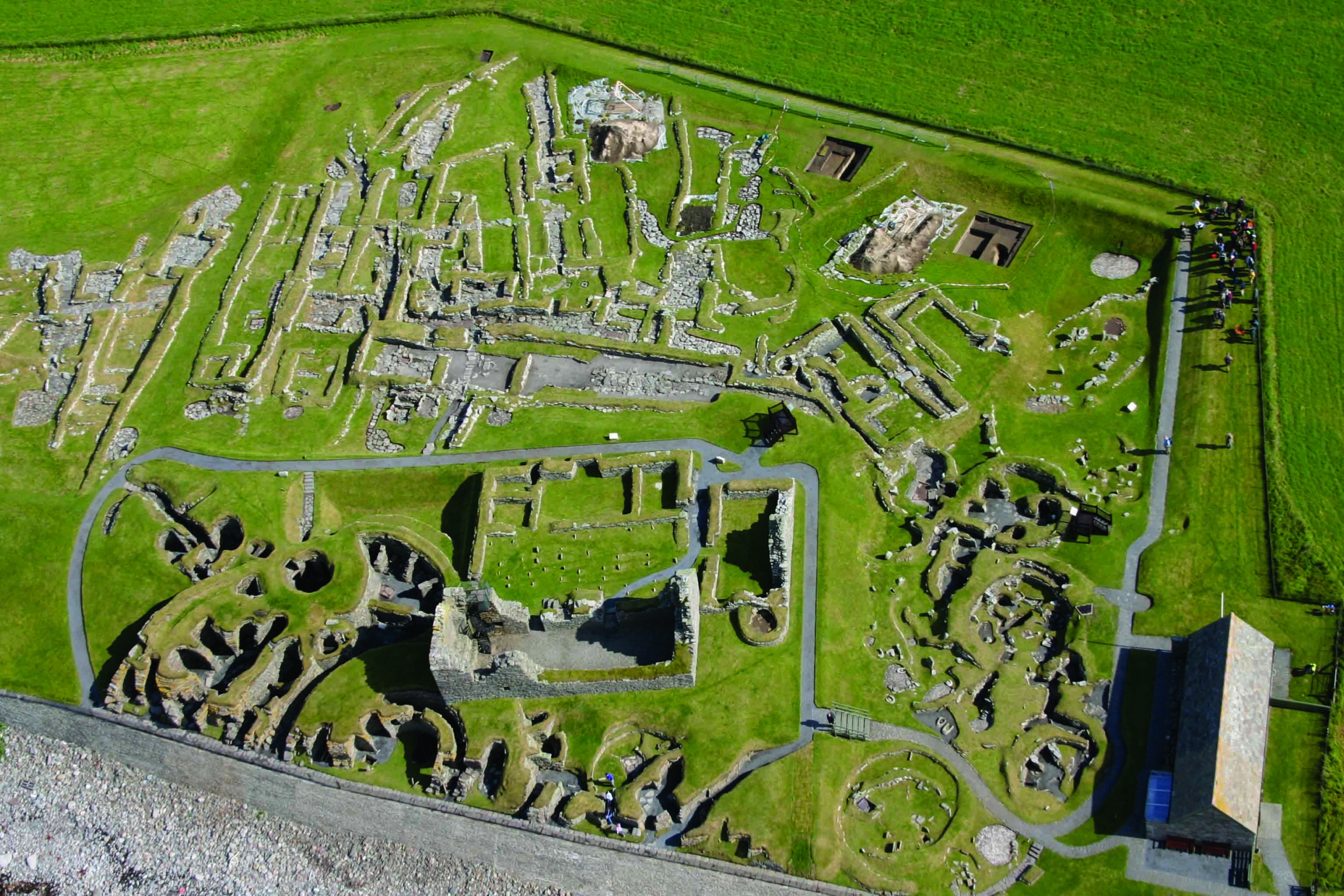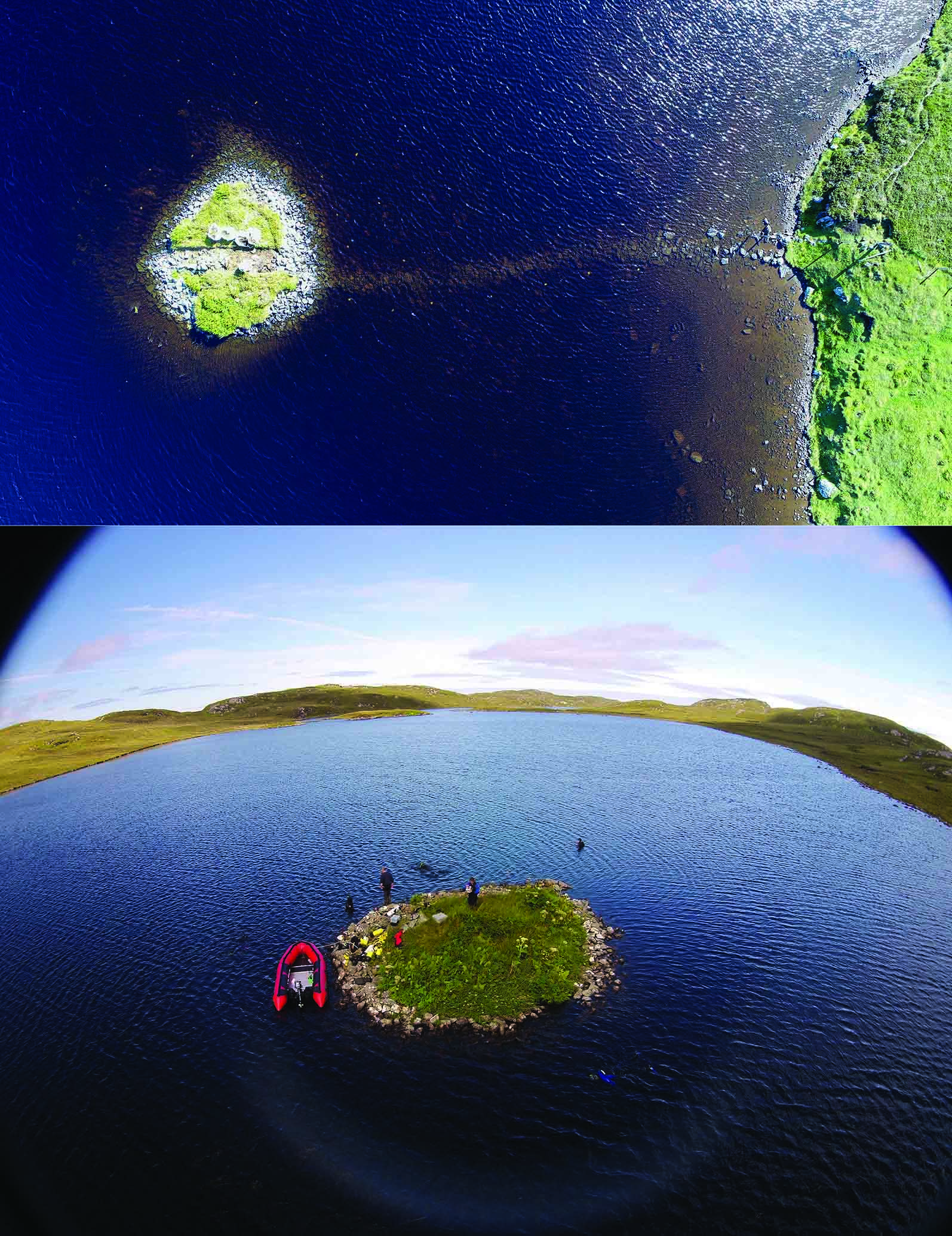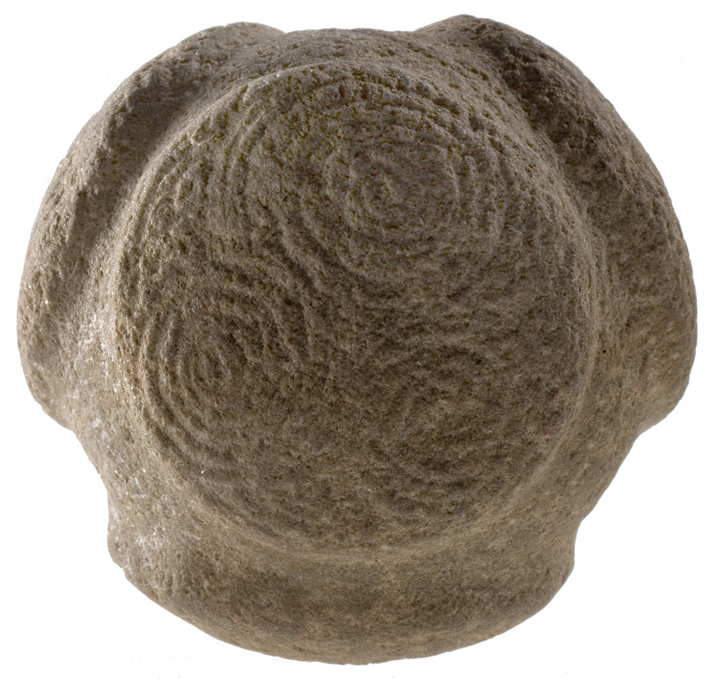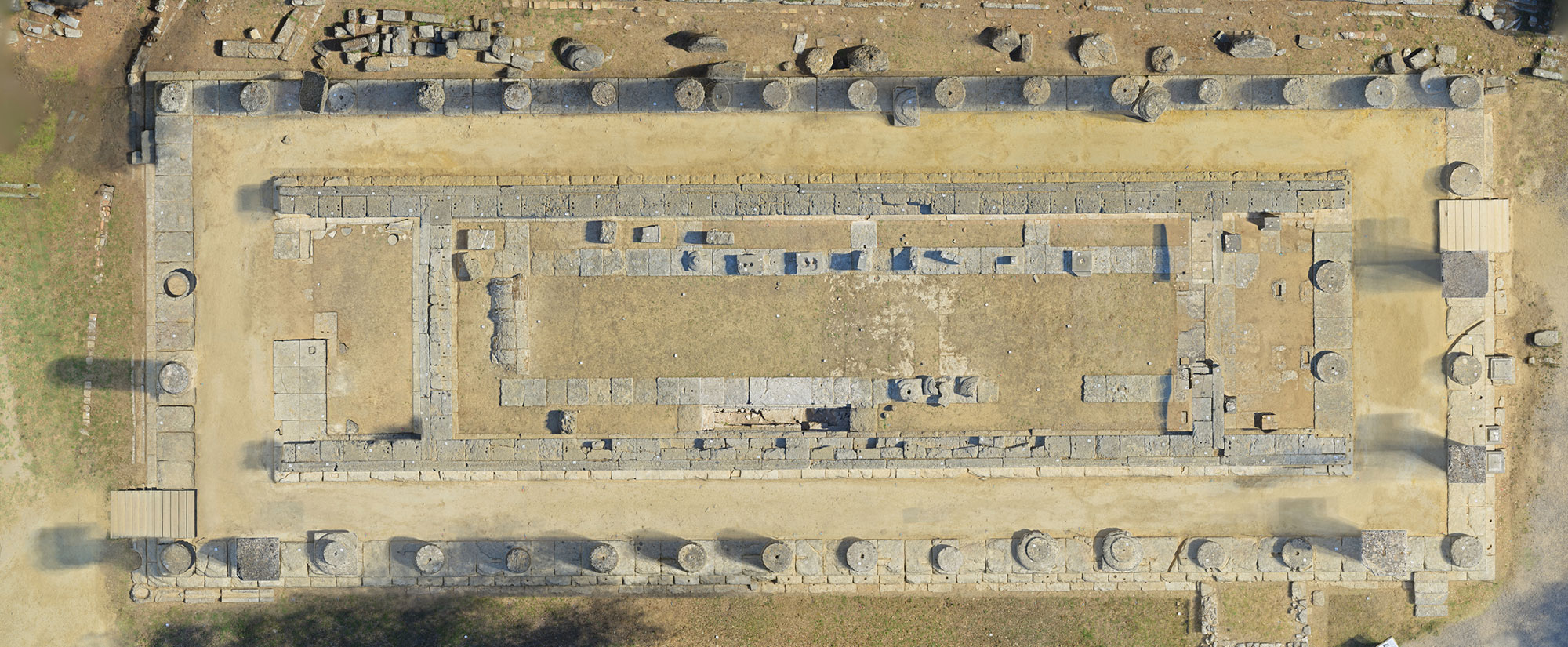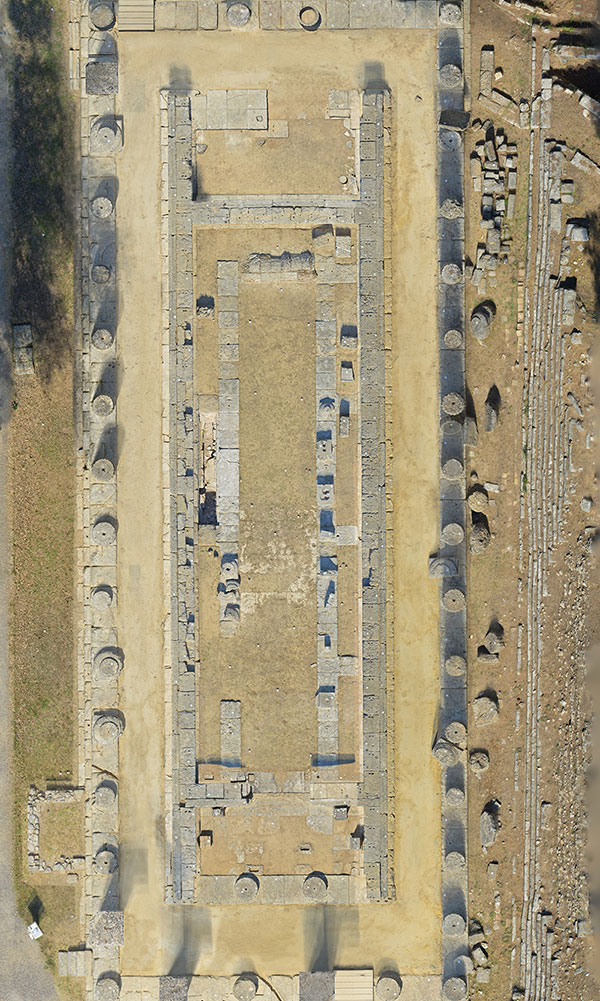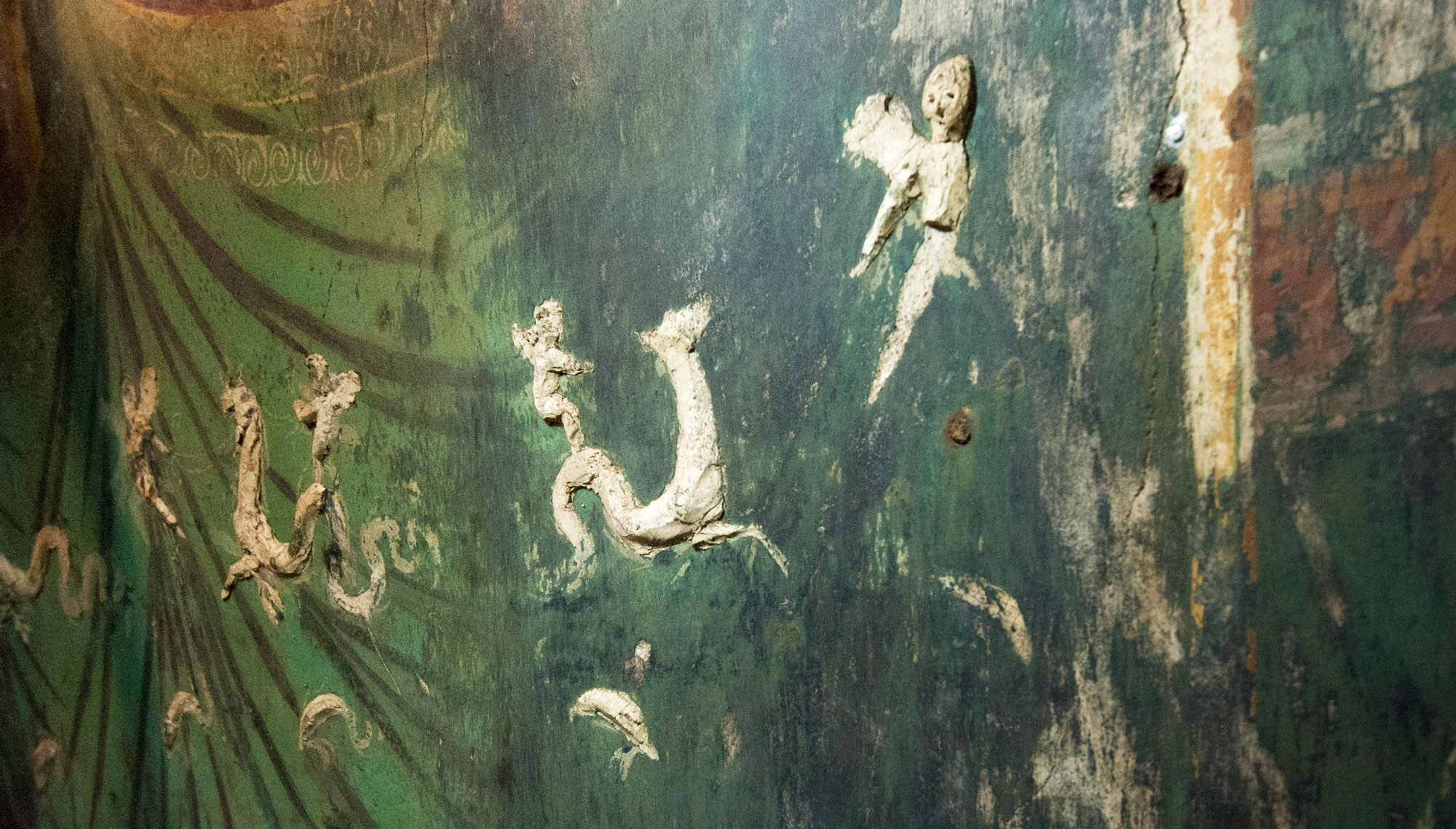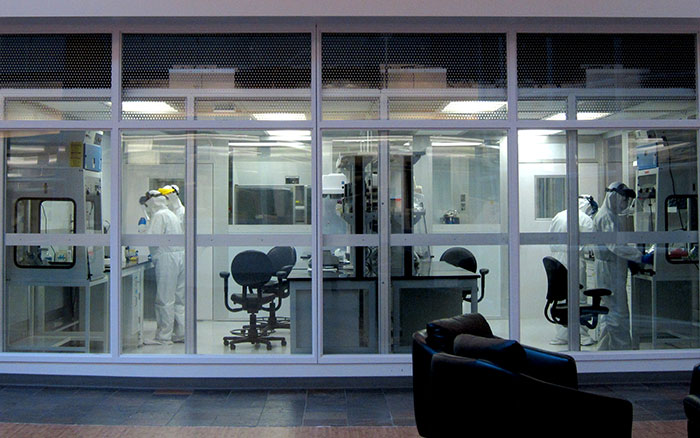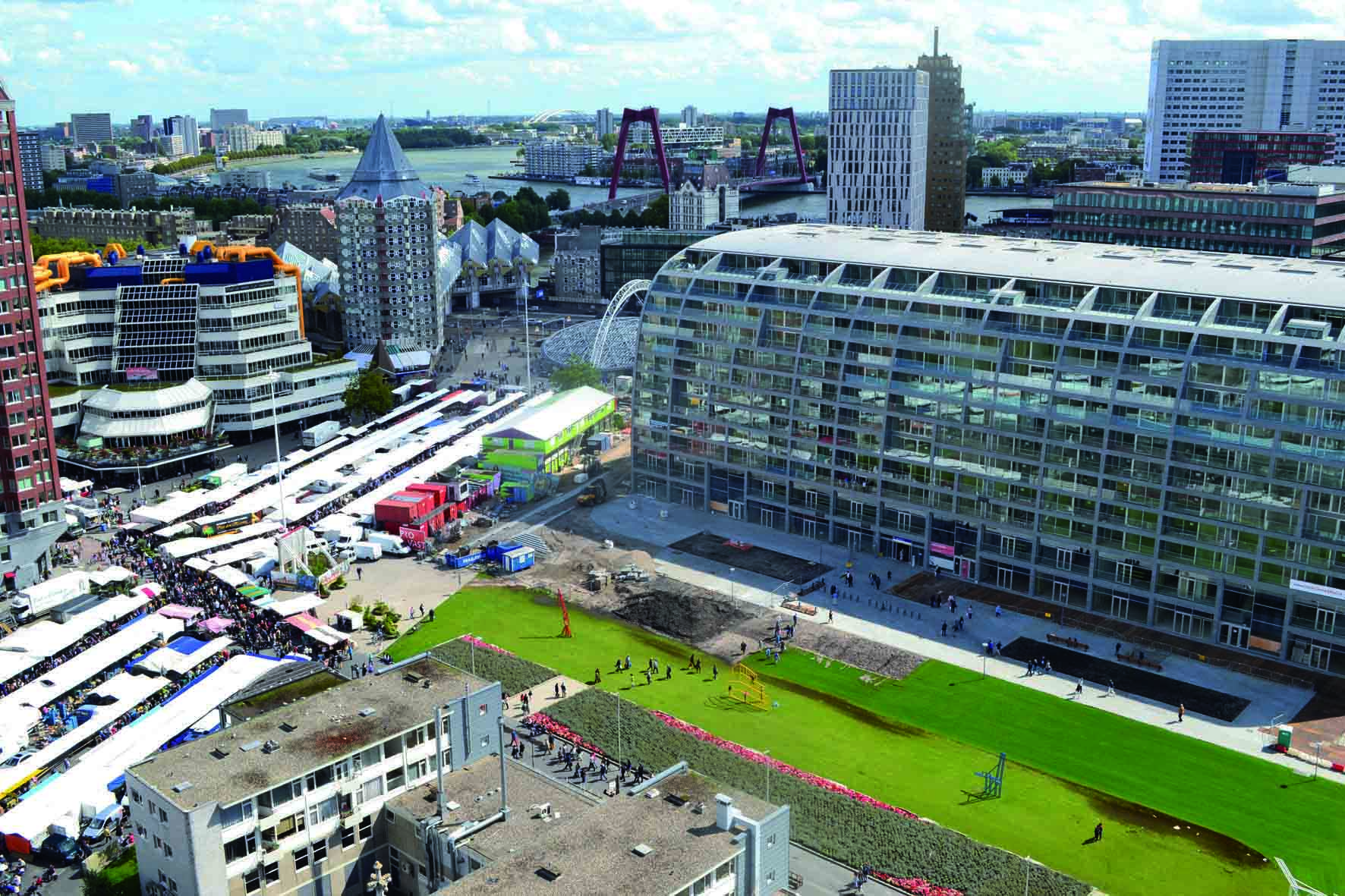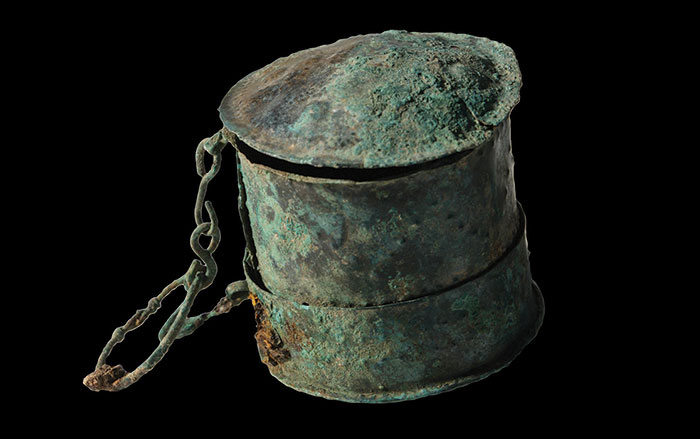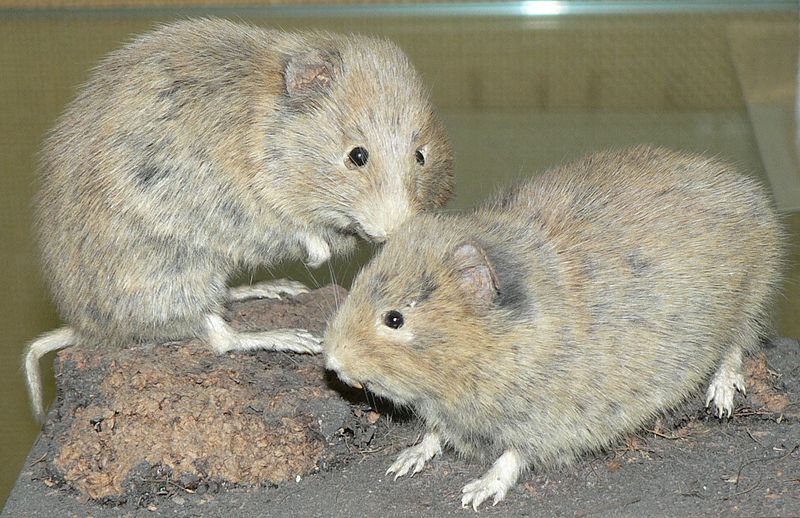
EDINBURGH, SCOTLAND—The Los Angeles Times reports that rodents may have been a source of food at Skara Brae, the Neolithic settlement on the Orkney Islands. Biologist Jeremy Herman of the National Museums of Scotland and his team evaluated some 60,000 small mammal bones collected from four trenches at the site in the 1970s. The scientists found that the number of wood mouse bones was equal in all four trenches, but one of the trenches had a greater number of bones from the Orkney vole than the others. And, since voles, which are slightly bigger than mice, are thought to usually stay away from people, the animals may have been brought to the area. Some of the bones also bear burn marks. “The way they are burnt it’s pretty clear that they were pretty much whole when they were stuck on the embers of a fire,” Herman said. “I haven’t tried it myself, but I imagine they got pretty crisp on the outside.” He thinks the small rodents may have served as a snack, a food for lean times, or something that children caught and roasted. To read in-depth about excavations on Orkney, go to “Neolithic Europe's Remote Heart.”


